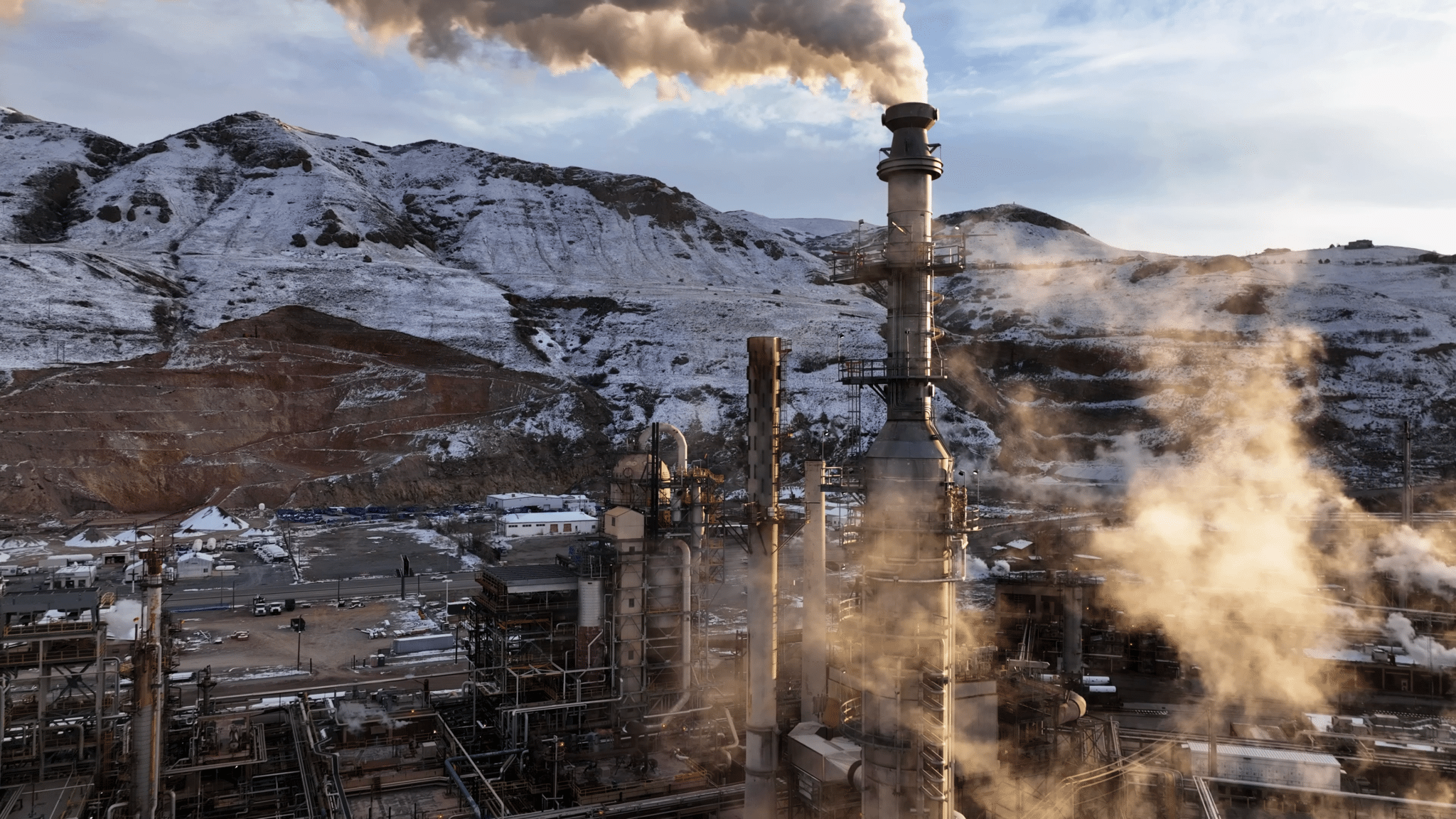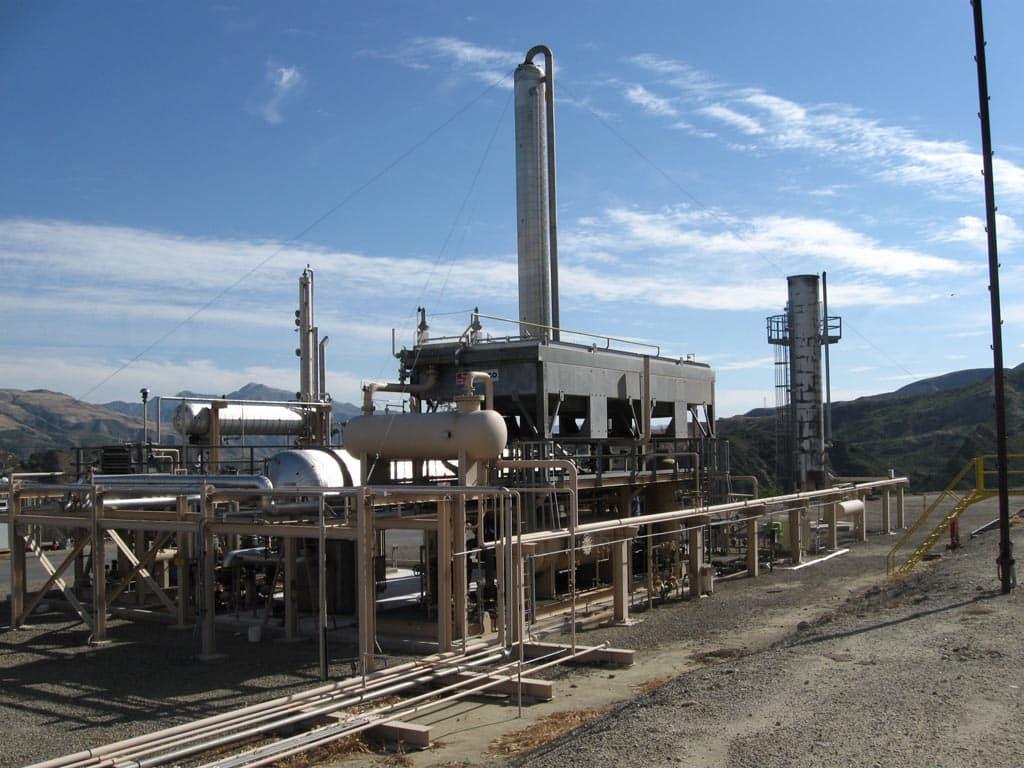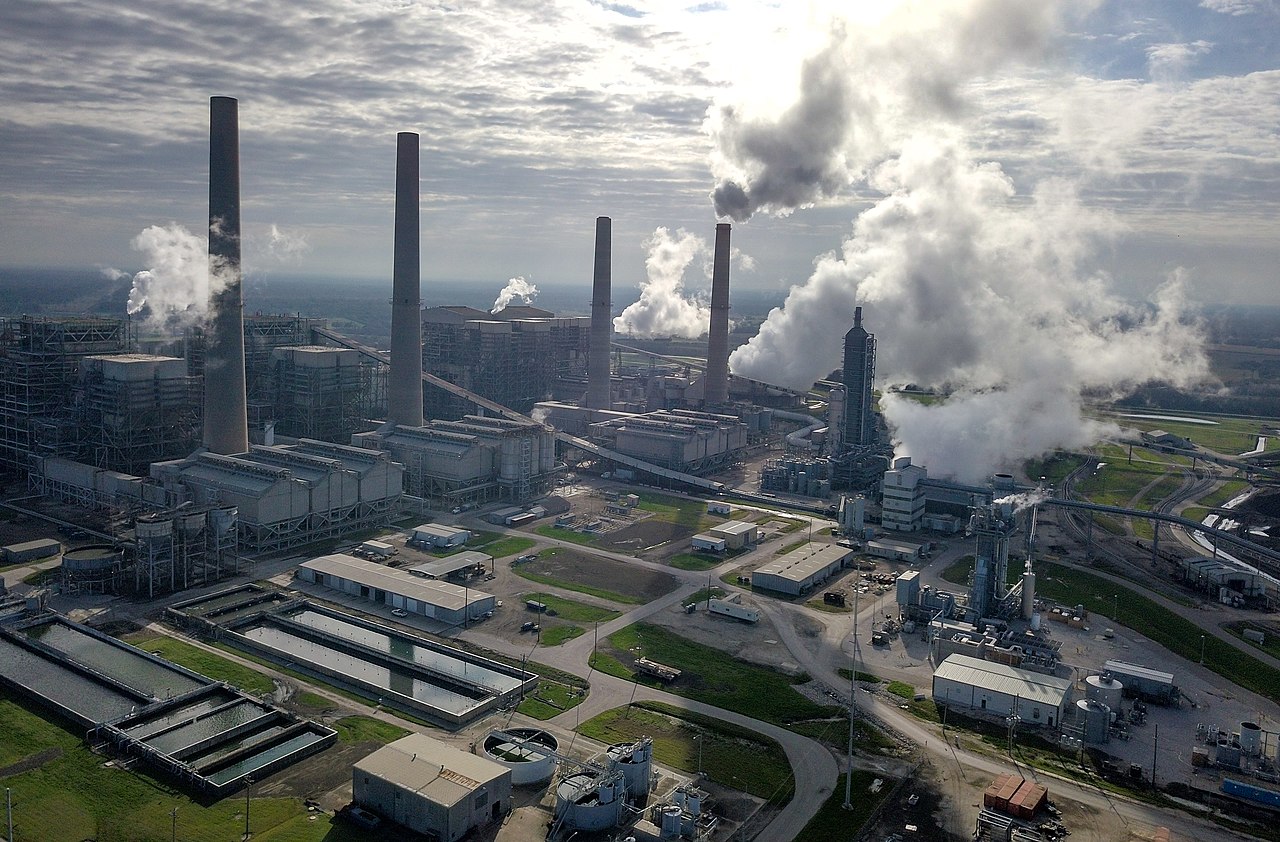Carbon Capture and Storage (CCS) refers to a suite of technologies designed to capture carbon emissions from power plants, industrial processes, or directly from the air. The captured carbon is either stored underground or utilized—often to extract more oil and gas. The federal government heavily subsidizes CCS, including through direct Department of Energy support and tax credits for each ton of carbon captured.
Despite decades of taxpayer support, CCS has a documented history of waste, fraud, and abuse. It has yet to demonstrate that it can be a cost-effective solution for emissions reduction. Constructing and operating CCS is prohibitively expensive, potentially crowding out investment in more effective emissions reduction solutions. Additionally, liabilities from transporting and storing CO2 also pose significant financial risks for taxpayers, landowners, and nearby communities. Federal policies must limit waste, fraud, and abuse in these subsidies and protect taxpayers from unnecessary financial risks.










